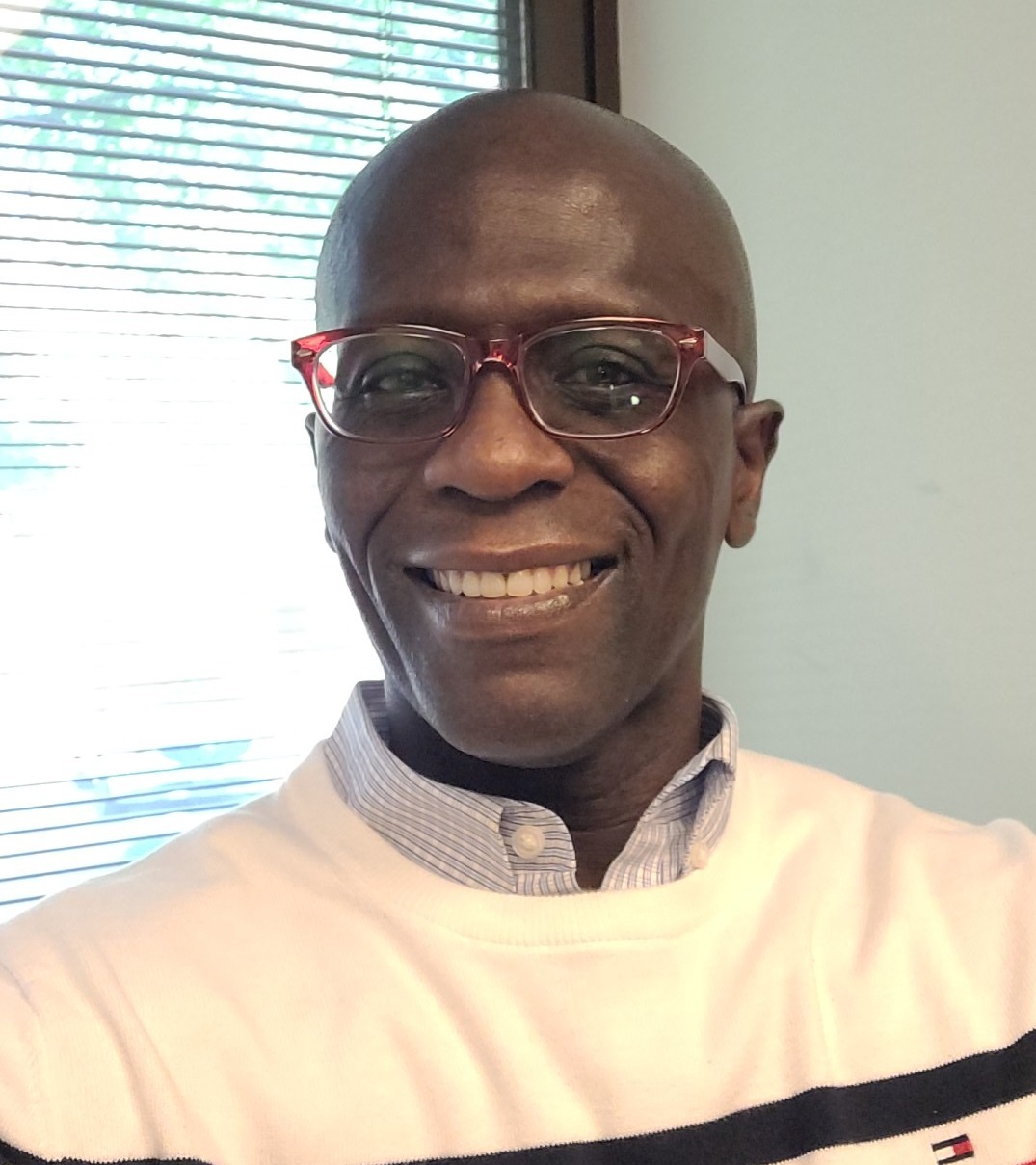Summer is an incredible time for students to rest and recharge, but when the late summer nights come to an end, you know the start of school is quickly approaching, and that brings exciting opportunities for growth and success.
At Future Foundation, we are dedicated to helping students start their school year strong. The start of a new school year is the perfect time to set new goals and challenge yourself. Think back on your previous school year and identify where you want to improve. Maybe it’s developing better study strategies or improving your time management skills. Every effort counts.
Let’s explore practical steps to make the most of this fresh start, such as creating effective routines and study habits and accessing available resources when needed.
Routines – Why They Matter
Adapting to a new school schedule can be challenging, especially if you’re transitioning from middle school to high school or high school to college. Your class times may start earlier or later than they did before, which can take some time to get used to.
In addition, summertime is an added routine disruptor, so don’t feel bad if it takes you time to get back into a routine.
The sooner you can start building a consistent routine, the better off you will be because routines allow you to stay sharp and on top of your daily tasks.
Do you have a morning or evening routine?

Morning and evening routines help set you up for success, and if you don’t have one yet, here’s what you can do to get started:
Morning routine:
- Hygiene: Brush your teeth and wash your face
- Hydrate and eat breakfast: Your body has been without food and water for 8-10 hours. Drinking a glass of water first thing in the morning will rehydrate your body and give you the energy you need to tackle the day.
Morning routines don’t need to be overly complicated; they just need to be consistent.
Evening routine:
- Hygiene: Brush your teeth, floss, and shower.
- Prepare for tomorrow: Set out your clothes for the next day and put your backpack and essentials in the same spot so they’re easily accessible the next morning.
- Consistent bedtime: Try to stick to a regular bedtime to ensure you get enough rest.
Effective Study Habits
Strong study habits are key to academic success. Here are actionable tips:
- Set clear goals: Break up your goals into manageable tasks.
- Create a study schedule: Plan your study time around when you feel most productive.
- Take breaks: Short breaks can enhance focus and retention.
- Engage actively: Summarize, question, and even teach the material to reinforce learning.
Discover Your Learning Style

Understanding your learning style can significantly enhance your study efficiency. Here are some common learning styles and how to utilize them:
- Visual Learners: Prefer to see information through charts, images, and diagrams.
- Tip: Use color-coded notes, create mind-maps, and watch educational videos.
- Auditory Learners: Learn best through listening.
- Tip: Participate in discussions, use mnemonic devices, and listen to recordings of your notes.
- Kinesthetic Learners: Learn through hands-on activities and movement.
- Tip: Use physical objects to study, take frequent breaks, and incorporate movement into learning activities.
- Reading/Writing Learners: Prefer to learn through reading and writing.
- Tip: Take detailed notes, create lists, and read extensively on the subject.
There is no right or wrong way to learn. Find the learning style that works best for you and you’ll make studying more effective and even enjoyable. Experiment with different methods to see which ones resonate with you most.
Use Apps and Tools
The great thing about technology is that it can support your studies. Here are a few things you can use:
Quizlet: Create flashcards and quizzes to test your knowledge.
Evernote: Organize your notes and study materials.
Pomodoro Method: Use a time management method that involves alternating between periods of work and short breaks.
Build Your Support Network
If you ever find you need support from your community, rest assured you can rely on:
- Teachers and school counselors
- Tutors – Many teachers offer tutoring sessions before and after school at no additional cost
- Peers: Join study groups to learn together.
- Future Foundation programs: Explore our programs and resources designed to help you succeed.
As you prepare for the new school year, take these practical steps to ensure a smooth transition and a successful year. Establishing routines, developing effective study habits, identifying your learning style, and utilizing available resources will set you on the path to achieving your goals. At Future Foundation, we’re here to support you every step of the way. Let’s make this school year the best one yet!
Get to know board member Dr. Salmon A. Shomade

Dr. Salmon A. Shomade is the Chair of the History and Social Sciences Division and Professor of Political Science at Emory University’s Oxford College. He teaches in the Political Science sub-field areas of judicial politics and African politics. In addition to having published multiple peer-reviewed articles and many other academic works, Shomade is the author of Judicial Decision Making and Controversies in State Supreme Courts (Lexington Books, 2018) and Colonial Legacies and the Rule of Law in Africa: Ghana, Kenya, Nigeria, South Africa, and Zimbabwe (Routledge, 2022).
Salmon was drawn to become a Future Foundation Board Member because his son worked as a summer intern for FF in 2023, and he would come home so excited about all the wonderful things the organization does to make a difference in young people’s lives.
Salmon believes what sets Future Foundation apart is its incorporation of families in planning its activities and in how its lessons can be applied to adulthood.
As an educator and lifelong academic, Salmon understands the power and influence of education and its various machinatiions and he is eager to use his background to push Future Foundation’s mission forward.
We asked Salmon a few questions about tips and strategies that helped him through school and in life.
What routines help you the most in your life?
“Maintaining discipline in completing any task I desire to do or assigned to do.” Salmon also mentions seeking help when you’re struggling and challenging yourself to achieve higher professional and personal goals.
What were your most used study tips and practices while in school?
“Getting up very early in the morning (when I am at my best mentally and the rest of the world is still asleep).” He says this practice helped him during his academic life and decades later as a professor.

